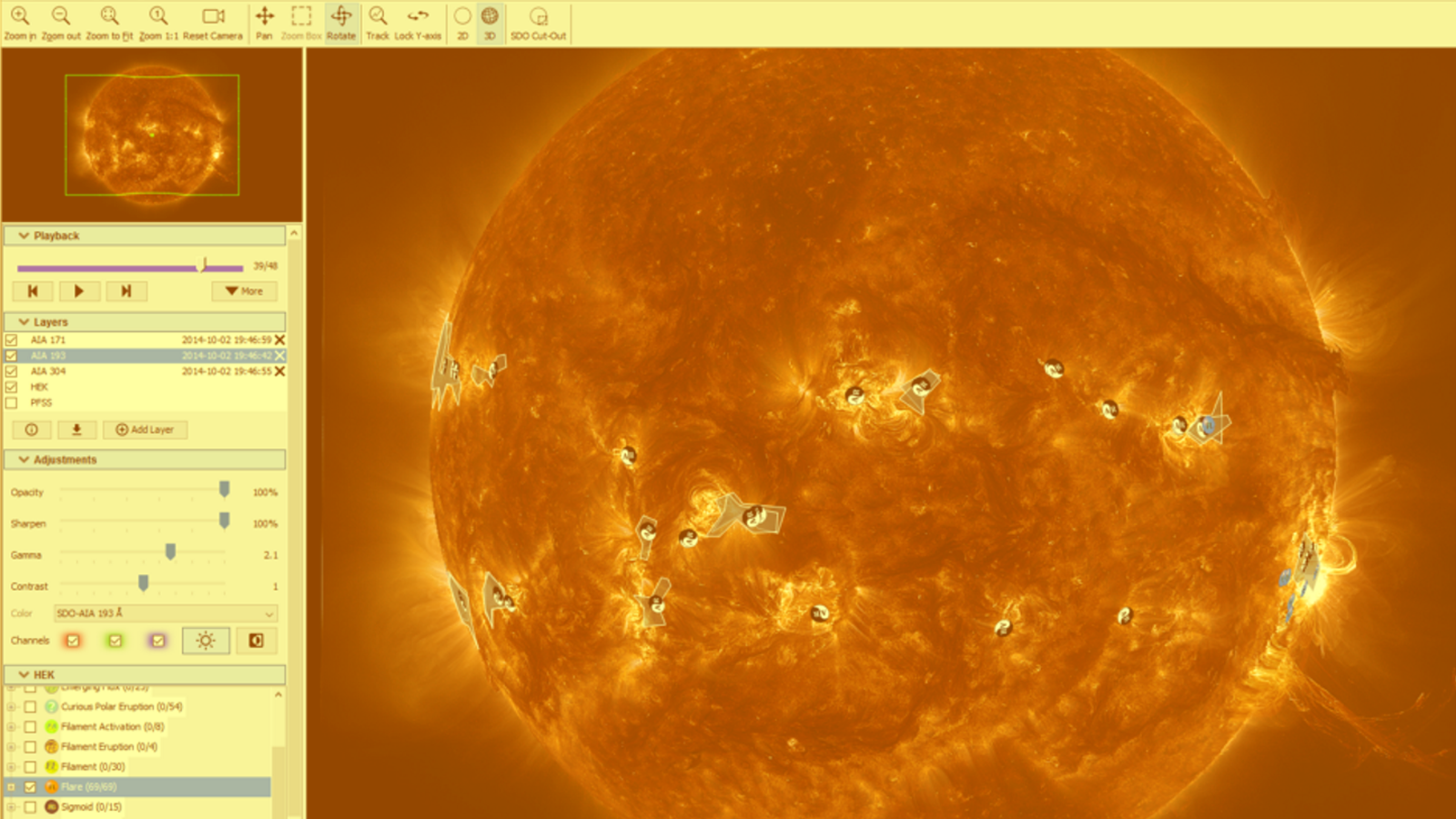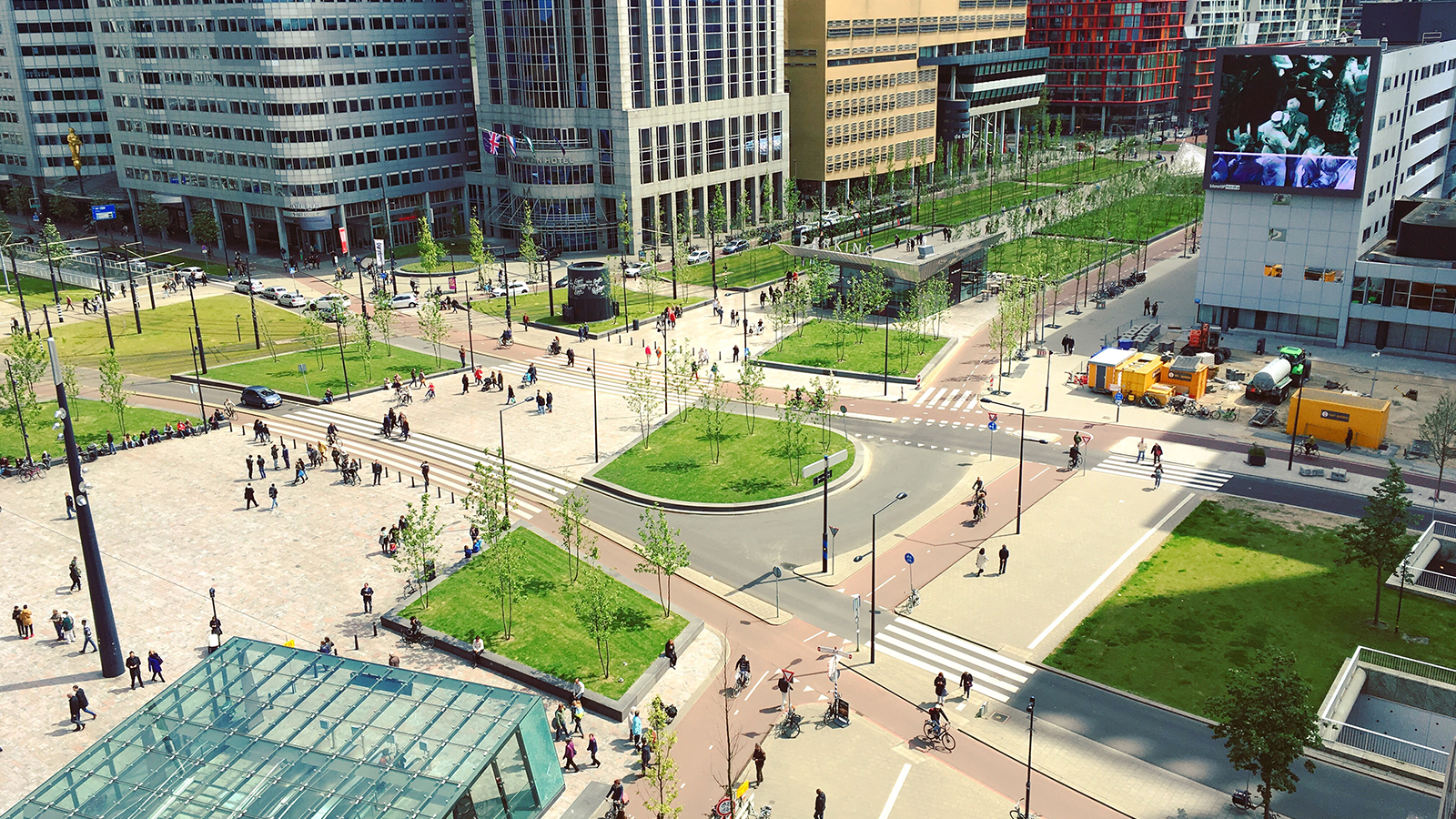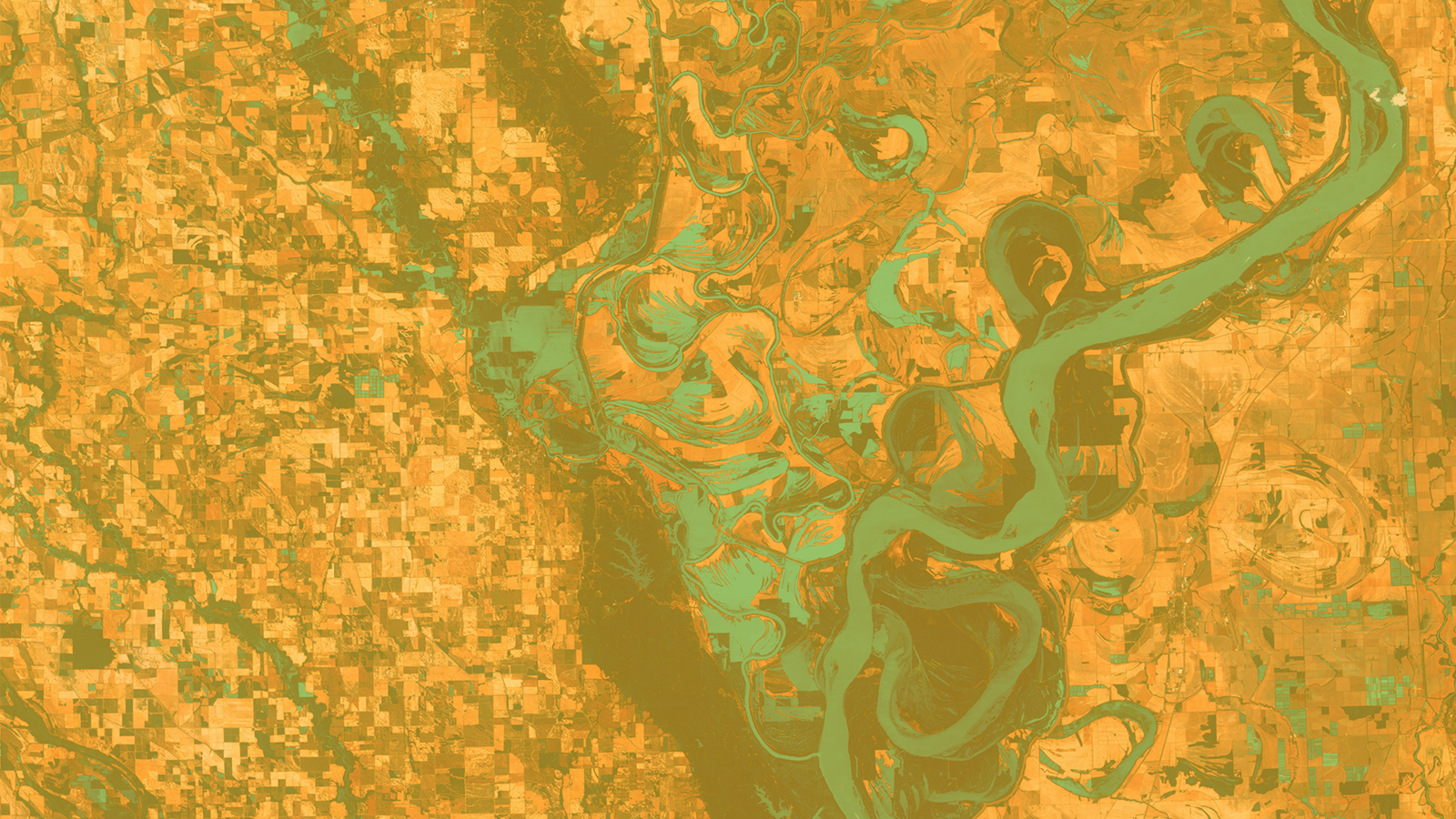

Development of a Virtual Reality Simulation Platform
Ateleris supported the Bike to the Future 3 project by the University of Applied Sciences FHNW in Muttenz with expertise in sensor data smoothing and software stability.
Sustainability is one of the most discussed topics in the last decade. Urban planners do not only have to think about current circumstances but must also tackle future challenges. However, they can only succeed if their project planning is aligned with the population’s needs that use the infrastructure.
Virtual reality (VR) is a perfect way of simulating and experiencing a future project and implementing a feedback loop before starting the construction phase. Planners must design an immersive 3D world so they can become fully engaged, using specialized controllers that allow the users to move through the VR space. To that end, 3D modeling is essential to building a representative world model. Such a world model can be entirely fictional and show the future’s challenges, or the actual real world is captured with modern 3D lidar scanners and transferred into a 3D format. The captured model of the real world is then modified to a state that imbues the goal of a construction project.
Once the virtual 3D world has been built, the exploration device needs to be designed. Such a device can be a bicycle, an electric scooter, or any other type of transportation. The physical device is linked to the virtual 3D world by transferring the physical input from the controller into the VR so that the cyber-physical system can achieve the best possible immersive experience for the user.
Ateleris knows how to create an end-to-end VR simulation platform. Our team members were part of the initial developers of the Bike to the Future project developed at the Future Cities Lab in Singapore. Together with our partners from the University of Applied Sciences Northwestern Switzerland FHNW, they built the eScooter Simulator for the University of Natural Resources and Life Sciences in Vienna. Furthermore, the latest iteration of the Bike to the Future 3 project, developed at the FHNW in Muttenz, was supported directly by Ateleris in sensor data smoothing and software stability.
Key Technologies/Terms
- Virtual Reality (VR)
- Unity & .NET
- Hardware and Sensor Development


